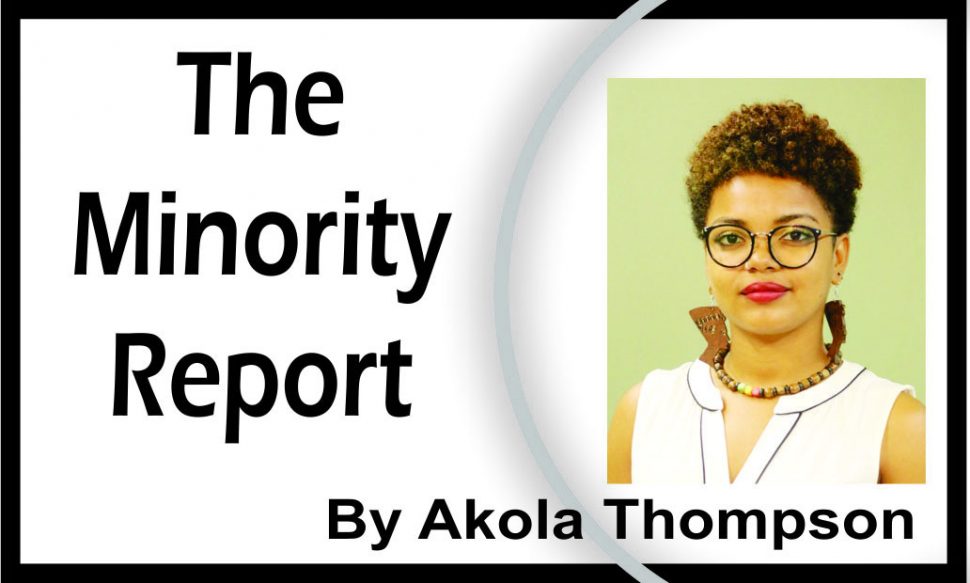In the past, when countries implemented harsh immigration laws and policies that targeted specific countries and ethnicities, it was believed that time would soften these stances. Unfortunately, in not addressing them in the manner required, the very same xenophobic sentiments that have long plagued us, continue to shape our future. Today, negative attitudes towards immigrants from historically underprivileged groups and countries have intensified. This is particularly apparent now in the face of a raging global pandemic, heightened economic inequality and the various isms that have long impacted marginalized groups and countries.
As more Caribbean persons seek out safer and better environments for themselves and their families, fears concerning the implications of free movement have been taking centre stage. This has resulted in politicians scrambling to redefine migration policies and making polarizing decisions concerning those who seek refuge in or passage through their countries.
Academic research has proven ad nauseam that migration can be an immense economic and cultural positive over time for any country. Countries however need to have fair and well-monitored national policies that cannot be changed on the whims and biases of those who are in power. Constantly in Guyana, we are seeing the ways in which these biases play out and impact certain groups. Once again, Haitian nationals are being targeted and the People’s Progressive Party/Civic Government is making moves to implement visa requirements for those entering the country.
They are utilizing the convenient excuse of being against smuggling so as to not seem as if they are targeting Haitians. Framing the move as being one centered on humanitarian concern rather than one that is discriminatory is a tactic that the PPP/C has utilized frequently over the years. Some recent examples have been seen in 2019 through 2021. In 2019, the PPP/C aligned newspaper, Guyana Times, warned against the number of Haitians coming into the country as it was believed that they would contribute towards a public health crisis in Guyana due to their alleged high prevalence of tuberculosis and AIDS. Now Vice President, Bharrat Jagdeo had also used the opportunity to add more fuel to an already unstable ethno-political crisis by stating that Haitians were being brought into Guyana to pad the votes of the APNU/AFC coalition. The PPP/C once assuming office again continued to use their power to target Haitians as was seen in the publicly documented court case where Attorney General, Anil Nandlall argued on behalf of the State for the deportation of 26 Haitians in 2020. While nationals of other countries pour into Guyana at aggressive rates, there never is as much furor over them. Some might argue that this is not a move meant to isolate Haiti, as Cuba is also included in proposed implementation for entry visas into Guyana. Cuba’s inclusion does not mean much in this context however, when one considers that Cuban officials have been lobbying for Guyana to remove its non-visa requirement for its citizens for quite some time now.
Haitians have been routinely targeted and discriminated against by CARICOM etc. and the fact that it is a predominantly Black country that is impoverished has a lot to do with this. Being one of the largest CARICOM countries, both in terms of geography and population, Haiti is unfortunately often considered a burden by the rest of the community. With over seven million inhabitants compared to approximately six million in CARICOM combined, free movement is rarely something that CARICOM wants to address. The many negative portrayals and stereotypes of Haiti have helped to perpetuate racial biases that has resulted in them rarely ever being welcomed with open arms.
Haiti has always been sidelined. It was the last nation to join CARICOM in 1997 and did not become a full member until 1999 and only became a signatory on the revised Treaty of Chaguaramas in 2003. Despite this, they were still the only ones within CARICOM that were required to have a visa to enter other CARICOM countries and they were only allowed for 90 days. Through a legislative adjustment to the Immigration Act in 2019, Haiti was included as a beneficiary to the Caribbean Single Market Economy. This entitles Haitians to the same automatic entry and six-month stay as enjoyed by all CARICOM countries.
There are often a lot of concerns about the supposed financial strain of immigrants, so examining the short-term economic impact these migrants have and how they can contribute certain skills etc. can be helpful in making long term plans that are not incendiary and which promote growth and cultural cohesion amongst all citizens and residents of the country. Currently however, we are stuck in a pattern of ultra-nationalism matched with a desire to exclude and discriminate.






